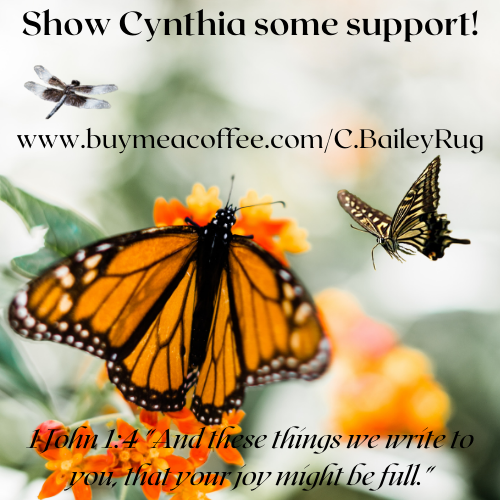There is a term known as regrief. This describes when someone experiences the death of someone they love as a child & they grieve, but later the loss comes back to them at other developmental stages in their growth. It also can happen with adults as we age & change.
When I read about this regrief phenomenon, I thought about something. Survivors of narcissistic abuse can experience this as well, especially if the abuser was a parent.
When in the midst of the abuse, you don’t grieve because you’re too busy surviving. Once you learn that the relationship is toxic, however, that triggers grief because you realize the relationship isn’t improving no matter what you do, & you may even decide to move on from it.
When you learn about Narcissistic Personality Disorder, although it creates some very profound “ah ha!” moments, it also creates grief. You realize that nothing you could do could improve that relationship, & if you haven’t ended the relationship already, you probably will decide to at this point. You also realize just how much the narcissist stole from you which can trigger a great deal of grief. Not always things or money, but things like your childhood, your innocence, your self-esteem, your self respect, your mental health & your ability to trust yourself after experiencing gaslighting.
Whenever you consider ending the relationship, that also triggers a lot of grief whether or not you follow through with it, but especially if you do. It’s still a loss. Even though the loss was necessary & a wise choice, losses almost always hurt even when they serve a good purpose. You may also grieve of the loss of hope of this person changing, the loss of a future together, the loss of celebrating special days together & the loss of time you spent trying to fix this toxic relationship.
After the relationship is over, there will be other things that trigger grief too. As you heal & learn, you will realize the depths of the abuse which can trigger grief. If you have C-PTSD as a result of the abuse, you probably will grieve the loss of having basically a normal life because the symptoms take that away.
There also will be difficult times that trigger grief because you aren’t able to share them with the narcissist. You can’t share special days like birthdays or holidays anymore. You can’t share special events such as buying a home, getting married or having a baby with the narcissist. When my husband & I bought our first home, I was really sad that I couldn’t share the experience with my mother or at least mother in-law. That was much harder than I expected it to be.
If the narcissist dies before you, that is likely to trigger grief, too. Some people are devastated when their narcissist dies. I was. When my mother died, it was utterly devastating to me, even though we hadn’t spoken in just under 3 years at the time.
When these times of grief happen to you, please know you’re not alone & you’re not broken or crazy or anything of the sort. It’s perfectly normal to experience grief in varying degrees time & time again after narcissistic abuse. It may not feel normal but it is, so don’t judge yourself for how you feel. Instead, process the grief however works best for you & heals your pain. Pray, write, talk to a counselor or a trusted friend. Be gentle & understanding with yourself, too. You’re hurting & should treat yourself accordingly.



“You. . . realize just how much the narcissist stole from you. . . your ability to trust yourself after experiencing gaslighting.”
Close to tears hearing that this isn’t just me!
Thank you, my friend! 🥹 💗 🙏
LikeLike
Not even close to just you!! ❤ ❤
LikeLiked by 1 person